Billy Thorpe & The Aztecs - The Very Best Of Billy Thorpe & The Aztecs (1994)
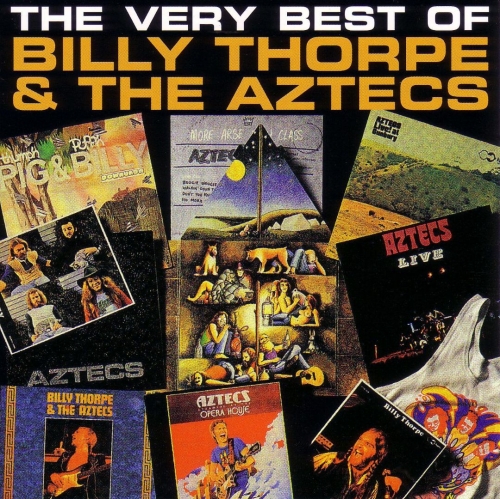
Artist: Billy Thorpe & The Aztecs
Title: The Very Best Of Billy Thorpe & The Aztecs
Year Of Release: 1994
Label: Mushroom
Genre: Classic Rock, Blues Rock, Rock'n'Roll
Quality: Mp3 320 / Flac (tracks)
Total Time: 01:19:33
Total Size: 193/500 Mb
WebSite: Album Preview
Title: The Very Best Of Billy Thorpe & The Aztecs
Year Of Release: 1994
Label: Mushroom
Genre: Classic Rock, Blues Rock, Rock'n'Roll
Quality: Mp3 320 / Flac (tracks)
Total Time: 01:19:33
Total Size: 193/500 Mb
WebSite: Album Preview
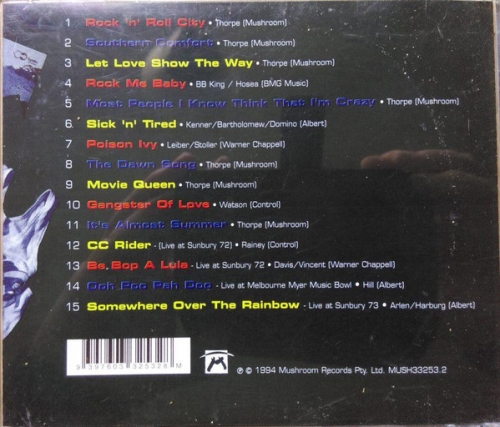
Tracklist:
01. Rock N Roll City
02. Southern Comfort
03. Let Love Show The Way
04. Rock Me Baby
05. Most People I Know (Think That I'm Crazy)
06. Sick N Tired
07. Poison Ivy
08. The Dawn Song
09. Movie Queen
10. Gangster Of Love
11. It s Almost Summer
12. CC Rider
13. Be-Bop A Lula
14. Ooh Poo Pah Doo
15. Somewhere Over The Rainbow
Billy Thorpe is one of the enigmas of Australian music, a man of many careers. It began in Brisbane when the young Thorpe was overheard by a television producer playing his guitar and singing at the back of his parents' Brisbane store. At the age of ten he was appearing regularly on Queensland television and appearing on the same stage as many of the top artists of the day.
When he was 17 he moved to Sydney as a solo country/pop singer just as the Beatles were breaking. Always one to recognize opportunity knocking, Thorpe teamed up with instrumental band the Aztecs and together they became one of the first Australian groups to contribute to the new '60s era of pop, in June 1964 scoring a huge national hit with their version of the Rolling Stones' version of "Poison Ivy." After a couple more era-influenced hits, Billy Thorpe & the Aztecs gravitated toward releasing songs that showed off Thorpe's fine singing voice and scored another major hit with a straight ballad version of "Over the Rainbow" from the film The Wizard of Oz, and in July 1965 a version of the Platters' "Twilight Time." By now the original Aztecs had been replaced by other musicians. Thorpe also became the star of his own national TV show, It's All Happening. In the space of two years he had scored nine major hits.
When the TV show was canceled Thorpe slipped into a middle-of-the-road cabaret circuit, all but forgotten by his pop fans. By December 1968 Thorpe had decided to try his luck in England, and accepted some gigs in Melbourne for extra cash before leaving. He never got to England. Thorpe became so enamored by the rock/blues scene flourishing in Melbourne at that time, he became an integral part of it. The new "General Custer" lookalike Thorpe played long, extended electric guitar solos and boasted the loudest band in the land. The boogie rock style they evolved was a direct influence on the latter-day AC/DC. With this version of the Aztecs, Billy Thorpe hit the big time again with the song "Most People I Know (Think That I'm Crazy)," an Australian rock classic. In November 1973 the Aztecs also became the first rock band to play the Sydney Opera House.
After "Most People I Know" was unsuccessfully been released in England Thorpe set his sights on the U.S., disbanding the Aztecs and adopting more of an adult rock-oriented style. In 1979 Thorpe signed a U.S. deal with American producer Spencer Proffer and recorded the ambitious science fiction/rock opera concept album Children of the Sun, which achieved Top 20 status in America, selling 500,000 copies. The follow-up album, 21st Century Man, also gained a U.S. gold record. The years that followed saw Thorpe concentrated on non-music business activities as diverse as electronics and toys, before forming Zoo with Mick Fleetwood in 1990. Anytime he visited Australia the "Most People I Know" Aztecs fans were ready to flock to any show Thorpe was prepared to mount. There's a ready-made audience there anytime "Thorpie" wants it.
In July 1996 Thorpe returned to Australia to live and authored two highly entertaining, best-selling books that only scratch the surface of his life and career, Sex Thugs and Rock'n'Roll and, naturally, Most People I Know. The singer spent the next decade touring and performing at benefit shows, including one in 2005 whose proceeds went to help victims of the devastating 2004 Indian Ocean tsunami. Sadly, on February 28, 2007, at the age of 60, Thorpe suffered a major heart attack and died later that day.
When he was 17 he moved to Sydney as a solo country/pop singer just as the Beatles were breaking. Always one to recognize opportunity knocking, Thorpe teamed up with instrumental band the Aztecs and together they became one of the first Australian groups to contribute to the new '60s era of pop, in June 1964 scoring a huge national hit with their version of the Rolling Stones' version of "Poison Ivy." After a couple more era-influenced hits, Billy Thorpe & the Aztecs gravitated toward releasing songs that showed off Thorpe's fine singing voice and scored another major hit with a straight ballad version of "Over the Rainbow" from the film The Wizard of Oz, and in July 1965 a version of the Platters' "Twilight Time." By now the original Aztecs had been replaced by other musicians. Thorpe also became the star of his own national TV show, It's All Happening. In the space of two years he had scored nine major hits.
When the TV show was canceled Thorpe slipped into a middle-of-the-road cabaret circuit, all but forgotten by his pop fans. By December 1968 Thorpe had decided to try his luck in England, and accepted some gigs in Melbourne for extra cash before leaving. He never got to England. Thorpe became so enamored by the rock/blues scene flourishing in Melbourne at that time, he became an integral part of it. The new "General Custer" lookalike Thorpe played long, extended electric guitar solos and boasted the loudest band in the land. The boogie rock style they evolved was a direct influence on the latter-day AC/DC. With this version of the Aztecs, Billy Thorpe hit the big time again with the song "Most People I Know (Think That I'm Crazy)," an Australian rock classic. In November 1973 the Aztecs also became the first rock band to play the Sydney Opera House.
After "Most People I Know" was unsuccessfully been released in England Thorpe set his sights on the U.S., disbanding the Aztecs and adopting more of an adult rock-oriented style. In 1979 Thorpe signed a U.S. deal with American producer Spencer Proffer and recorded the ambitious science fiction/rock opera concept album Children of the Sun, which achieved Top 20 status in America, selling 500,000 copies. The follow-up album, 21st Century Man, also gained a U.S. gold record. The years that followed saw Thorpe concentrated on non-music business activities as diverse as electronics and toys, before forming Zoo with Mick Fleetwood in 1990. Anytime he visited Australia the "Most People I Know" Aztecs fans were ready to flock to any show Thorpe was prepared to mount. There's a ready-made audience there anytime "Thorpie" wants it.
In July 1996 Thorpe returned to Australia to live and authored two highly entertaining, best-selling books that only scratch the surface of his life and career, Sex Thugs and Rock'n'Roll and, naturally, Most People I Know. The singer spent the next decade touring and performing at benefit shows, including one in 2005 whose proceeds went to help victims of the devastating 2004 Indian Ocean tsunami. Sadly, on February 28, 2007, at the age of 60, Thorpe suffered a major heart attack and died later that day.

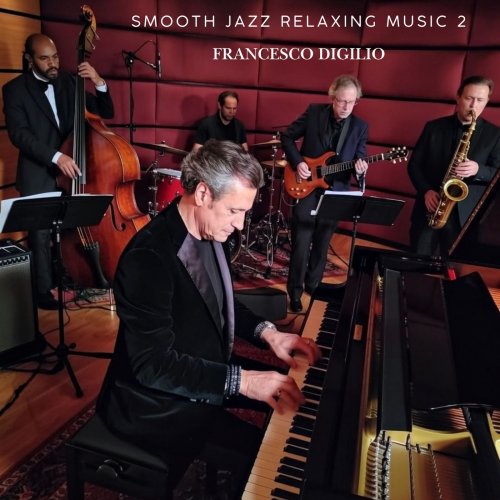
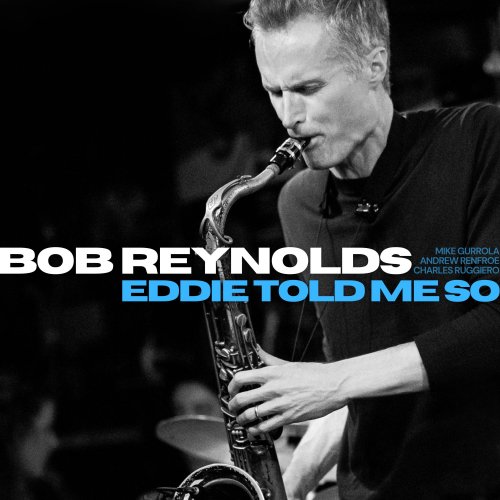
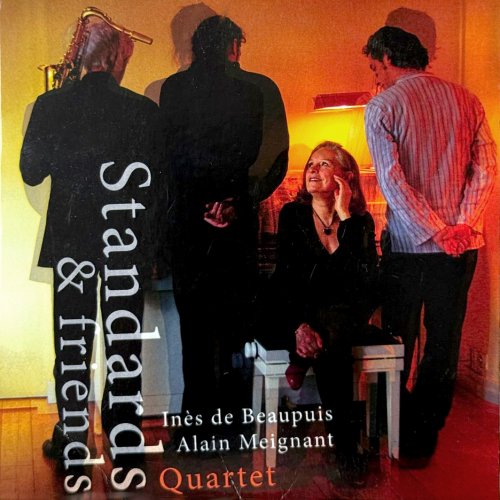
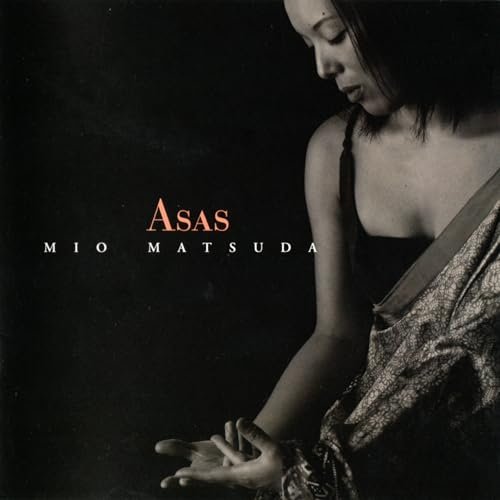
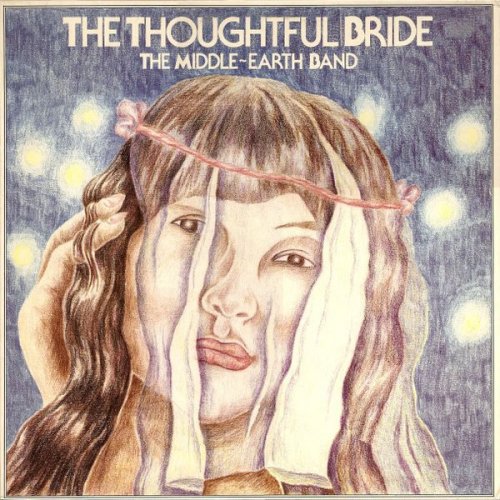
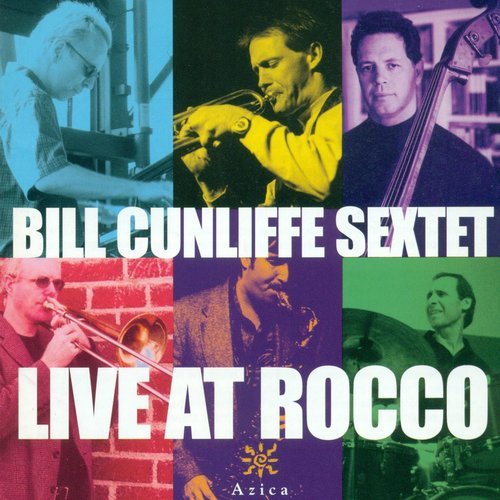

![The Three Seas - Antaḥkaraṇa (2026) [Hi-Res] The Three Seas - Antaḥkaraṇa (2026) [Hi-Res]](https://img.israbox.com/img/2026-02/19/uhghtg21m4gkq8nt8lyl1f5dq.jpg)